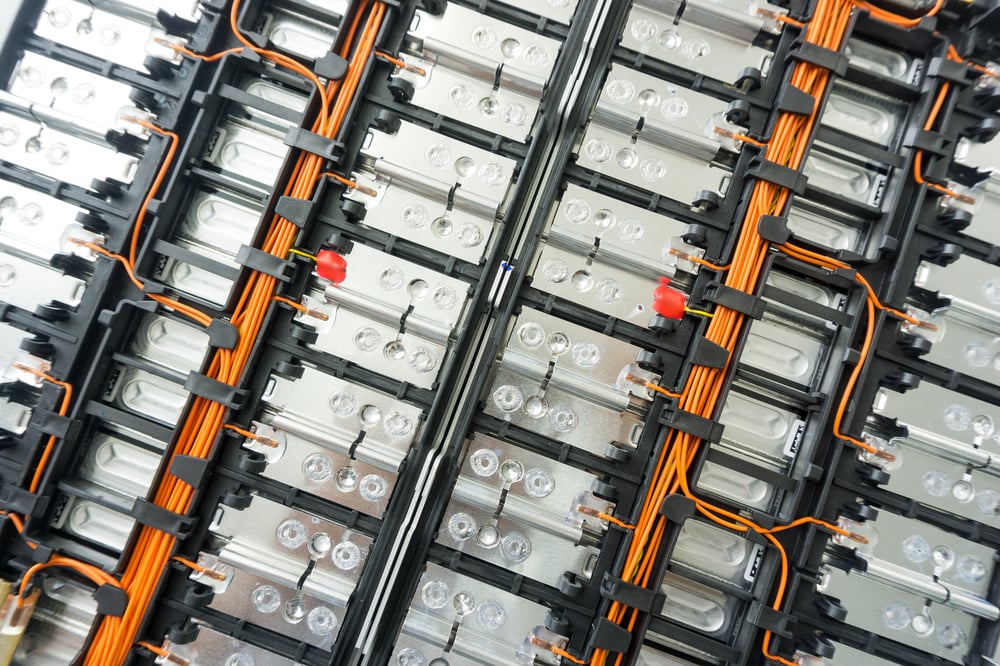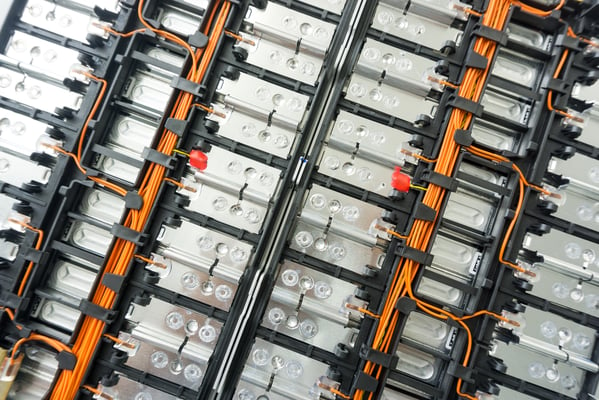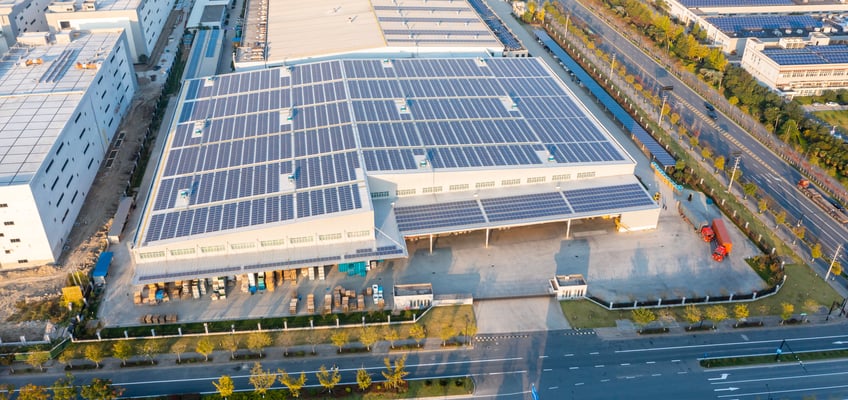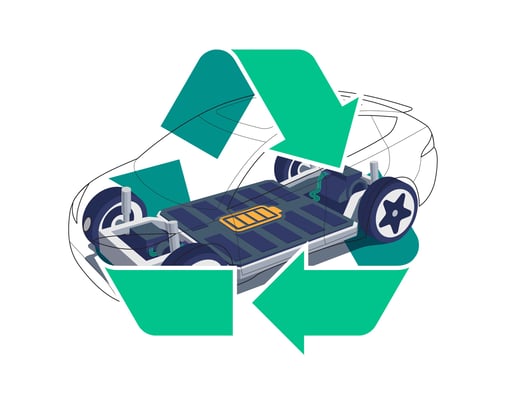
Lithium-ion Battery Technology: Advancements and Challenges
In recent years, lithium-ion batteries have revolutionized the way we store and utilize energy, powering everything from smartphones and laptops to electric vehicles and renewable energy storage systems. As the demand for efficient and sustainable energy solutions continues to rise, so too does the need for advancements in lithium-ion battery technology. This article delves into the latest advancements in lithium-ion battery technology, while also addressing the challenges that accompany its growth and widespread adoption.
Advancements in Lithium-ion Battery Technology
Energy Density Improvements
One of the most significant advancements in lithium-ion battery technology is the continuous improvement in energy density. Energy density refers to the amount of energy stored per unit volume or weight of the battery. Over the years, researchers and engineers have made significant strides in increasing the energy density of lithium-ion batteries, allowing for longer-lasting battery life and extended driving ranges in electric vehicles. Innovations in electrode materials, electrolytes, and battery cell design have contributed to these improvements, paving the way for more efficient energy storage solutions.
Cost Reduction Efforts
Another area of focus in lithium-ion battery technology is reducing production costs to make electric vehicles and renewable energy storage systems more affordable and accessible to consumers. Advances in manufacturing processes, economies of scale, and material sourcing have helped drive down the cost of lithium-ion batteries in recent years. Additionally, research into alternative materials and recycling initiatives aim to further lower production costs and reduce reliance on scarce resources.
Safety Enhancements
Ensuring the safety of lithium-ion batteries is paramount, particularly as their applications expand into critical sectors such as electric vehicles and grid storage. Advances in battery management systems, thermal management techniques, and cell design have led to significant improvements in battery safety. These enhancements help prevent issues such as thermal runaway and cell degradation, reducing the risk of battery fires and malfunctions.
Challenges in Lithium-ion Battery Technology
Scaling Up Production
One of the primary challenges in lithium-ion battery technology is scaling up production to meet the growing demand for electric vehicles and renewable energy storage systems. Establishing large-scale manufacturing facilities requires substantial investment in infrastructure and equipment, as well as skilled labor and supply chain management. Moreover, ramping up production while maintaining quality control and efficiency poses logistical challenges for battery manufacturers.
Resource Availability
Lithium-ion batteries rely on scarce and finite resources such as lithium, cobalt, and nickel, which raises concerns about long-term availability and geopolitical risks. As demand for these materials continues to soar, securing a stable supply chain becomes increasingly challenging. Moreover, ethical and environmental considerations surrounding the extraction and mining of these resources highlight the need for sustainable sourcing practices and alternative materials research.
Environmental Concerns
While lithium-ion batteries offer significant environmental benefits compared to fossil fuel-based technologies, they are not without their environmental challenges. The extraction, processing, and disposal of battery materials can have adverse environmental impacts, including habitat destruction, water pollution, and carbon emissions. Developing environmentally sustainable practices for battery manufacturing, recycling, and disposal is essential to mitigate these concerns and minimize the environmental footprint of lithium-ion batteries.
In summary
The advancements in lithium-ion battery technology have transformed the landscape of energy storage, offering efficient and sustainable solutions for a wide range of applications. From improving energy density and reducing costs to enhancing safety and reliability, lithium-ion batteries continue to push the boundaries of innovation.
However, addressing the challenges associated with scaling up production, ensuring resource availability, and mitigating environmental impacts is crucial to realizing the full potential of lithium-ion battery technology. By investing in research and development, fostering collaboration across industries, and implementing sustainable practices, we can overcome these challenges and usher in a future powered by clean and reliable energy storage solutions.




